Scientists from the University of East Anglia have discovered a unique oil eating bacteria in the deepest part of the Earth’s oceans—the Mariana Trench.
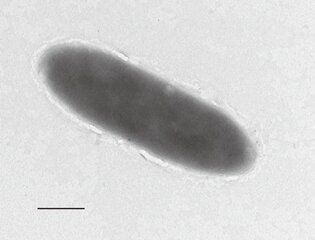

Scientists from the University of East Anglia have discovered a unique oil eating bacteria in the deepest part of the Earth’s oceans—the Mariana Trench.

This is one of the most exciting results I’ve seen in a long time.
Simple tandem design uses perovskite layer to feed photons to silicon cell.
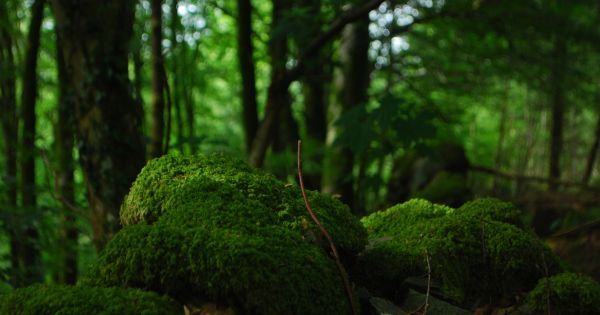
If you happen to be thirsty in the woods, there are a lot of things you can stick in your canteen to help clean up your drinking water. There are chlorine pills and filters (not crystals — never crystals). And now scientists have identified a certain kind of moss that could do it, too.
The moss is called Warnstorfia fluitans. It grows in Swedish wetlands contaminated with the toxic arsenic from nearby mining operations. Researchers found that the moss brought the arsenic levels of water down to drinkable levels surprisingly quickly, according to research published in the journal Environmental Pollution.
In northern Sweden, iron mines have contaminated much of the water with arsenic, a metal that is also toxic to humans. That harmful combination works its way into agricultural products like rice, traveling throughout the food web.
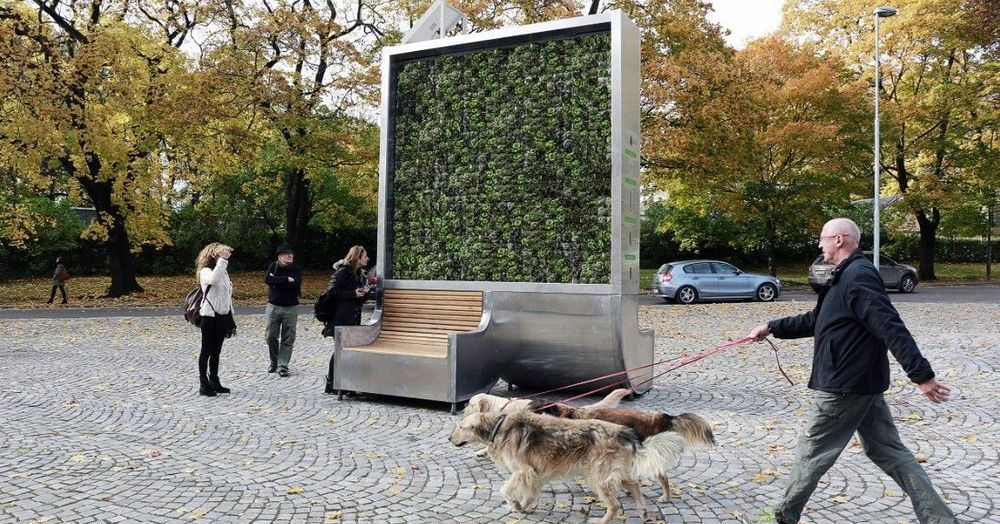
From smog-sucking bikes to electric taxis and paint made of car exhaust, designers and architects are stepping up to address air pollution—the world’s single largest health risk. But a new air filter making the rounds in Oslo, Paris, Brussels, and Hong Kong shows that nature may be our best ally in this battle.
Essentially a moss-covered wall, each CityTree removes CO2, nitrogen oxides, and particulate matter from the air while also producing oxygen. A single tree is able to absorb 250 grams of particulate matter a day and remove 240 metric tons of CO2 each year—a level roughly on par with the air purification impact of 275 urban trees. Thirteen feet tall, with a metal frame, the CityTrees are easily installed in a public space, and they even have built-in seating at their base.
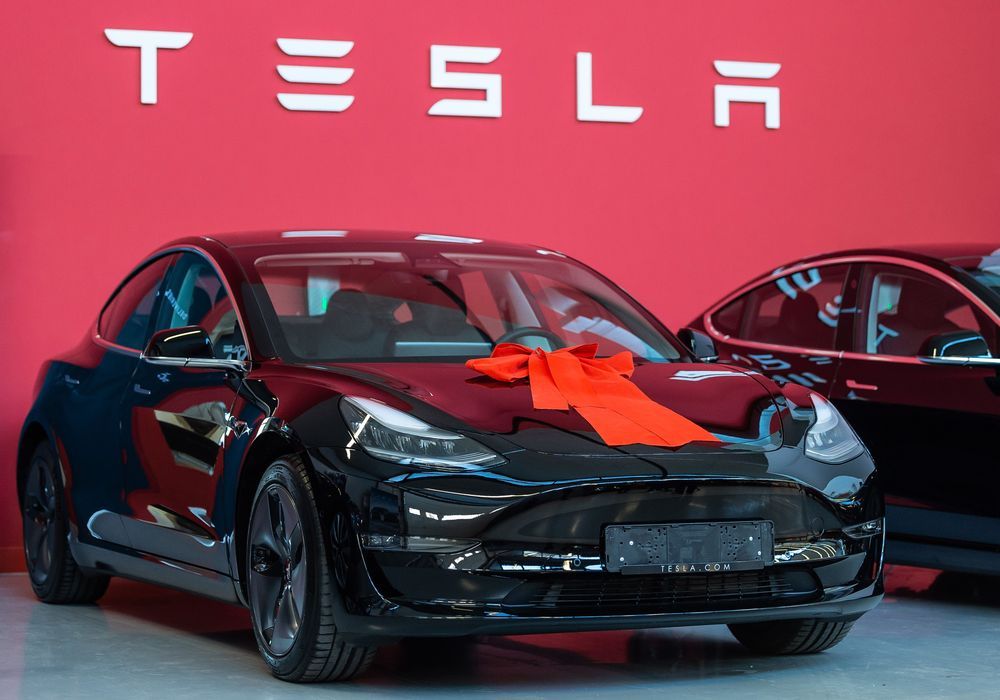
The existing $7,500 tax credit for buyers of EVs phases out over 15 months once an automaker sells 200,000 electric cars. The tax credit for Tesla buyers was halved to $3,750 on Jan. 1; General Motor’s tax credit was likewise cut in half starting April 1.
The bill, dubbed the Driving America Forward Act, would grant each automaker a $7,000 tax credit for an additional 400,000 vehicles after it exhausts the first 200,000 vehicles eligible for tax credits. It would shorten the phase-out schedule to nine months. The credits are paid directly to consumers, who can write them off on their tax returns.
“At a time when climate change is having a real effect on Michigan, today’s legislation is something we can do now to reduce emissions and combat carbon pollution,” Sen. Debbie Stabenow, D-Mich., one of the sponsors of the legislation, said in a statement. “Our bill will help create American jobs and cement Michigan’s status as an advanced manufacturing hub.”

In the 1960s animated sitcom The Jetsons, George Jetson commutes to work in his family-size flying car, which miraculously transforms into a briefcase at the end of the trip.
A new study of the environmental sustainability impacts of flying cars, formally known as electric vertical takeoff and landing aircraft, or VTOLs, finds that they wouldn’t be suitable for a Jetsons-style short commute.
However, VTOLs—which combine the convenience of vertical takeoff and landing like a helicopter with the efficient aerodynamic flight of an airplane—could play a niche role in sustainable mobility for longer trips, according to the study, scheduled for publication April 9 in Nature Communications. Several companies around the world are developing VTOL prototypes.

A team of researchers with members from Norway, Austria, Russia and Germany has found a kind of bacteria that oxidizes methane. In their paper published in Proceedings of the National Academy of Sciences, the group describes their findings and suggest their work could lead to progress in combating global warming.
Scientists have reached consensus that global warming is happening, and that it is because humans continue to pump greenhouse gases into the atmosphere. The main culprit is carbon dioxide, but there are other greenhouse gases making their way into the atmosphere, as well—one of them is methane. Humans produce methane naturally, via flatulence, as do animals. It also results from production of rice and other crops, and released it during oil extraction. To combat global warming, we stop emitting methane, or find a way to remove it. In this new effort, the researchers report a natural way to remove methane from the air by supporting a type of bacteria that oxidizes it.
Scientists have suspected for many years that one or more types of bacteria oxidize methane because testing has shown that methane levels drop in places where there is soil present.

A Black Hole of Global Warming Stupidity has been formed. Beware of the event horizon.
Meteorologist and founder of most-read climate website in the world named senior fellow.
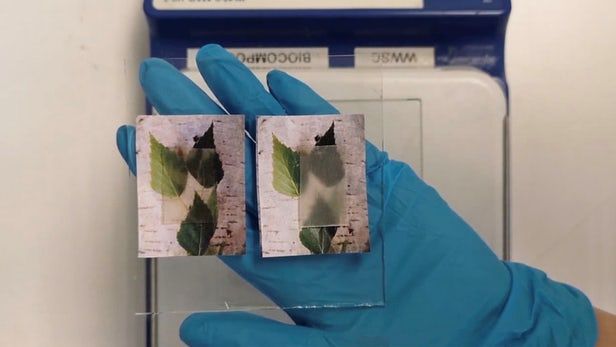
Three years ago, we heard how scientists from Sweden’s KTH Royal Institute of Technology had created transparent wood – it could serve as a cheaper alternative to the silica-based glass currently used in windows and solar cells. Now, the material is additionally able to store heat and later release it.
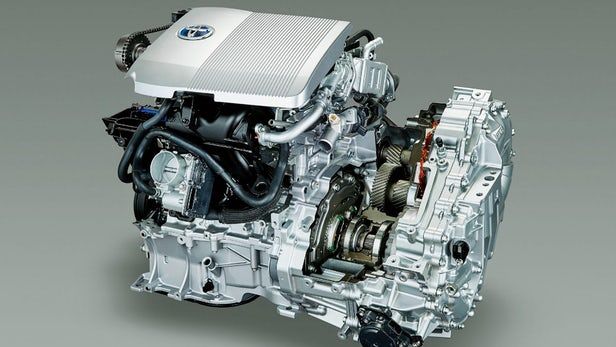
Almost 5 years after Elon Musk allowed other manufacturers access to Tesla patents without fear of legal action – effectively making them open source – Toyota has announced that it’s opening up its vehicle electrification patent archive to help speed up the development and adoption of electric vehicles.